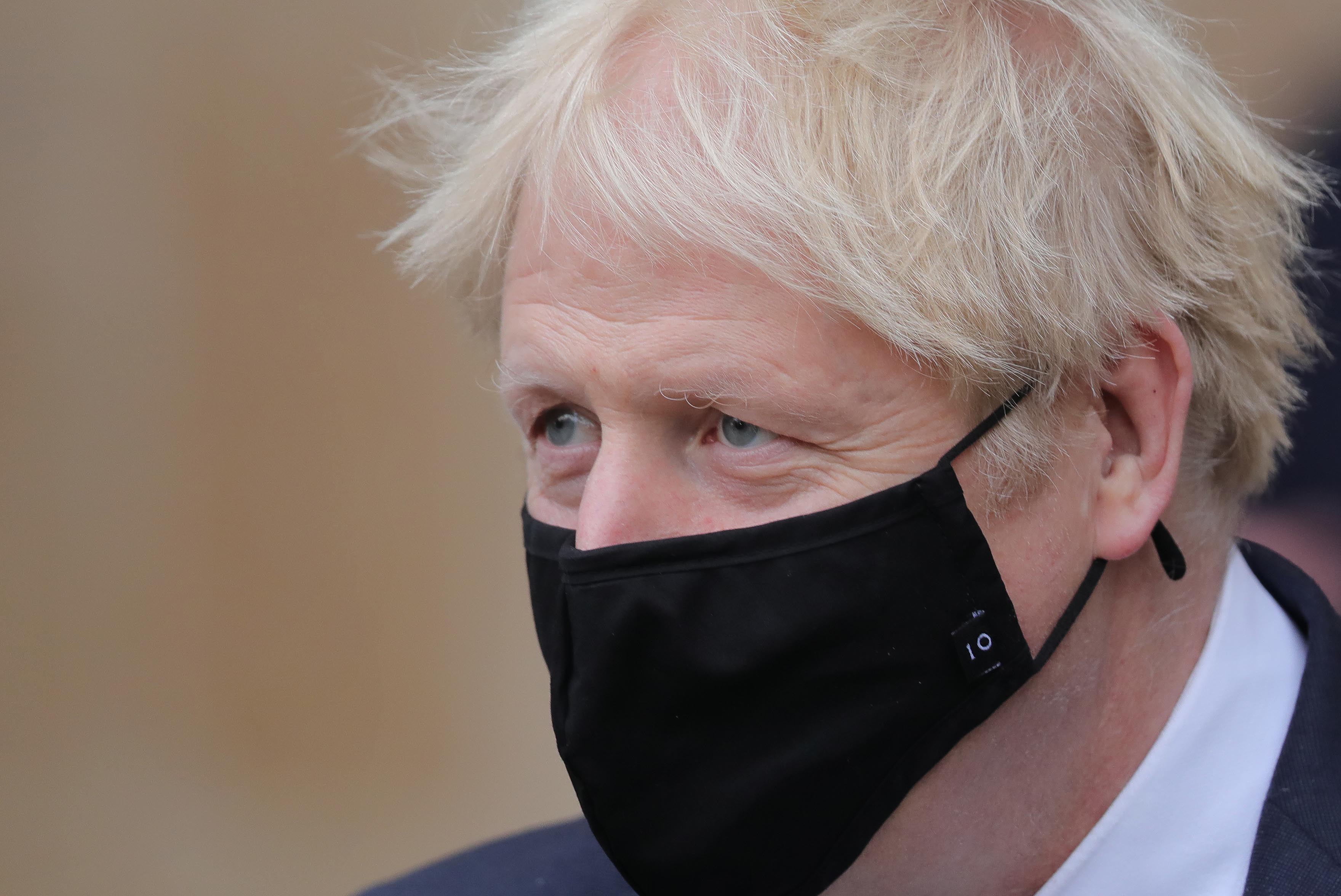The tax and spending debate will decide the next election
With public borrowing expected to hit £394bn in the current financial year, will the Tories keep the spending taps on or revert to type, asks Andrew Grice


The first draft of the dividing lines for the next general election are visible after Rishi Sunak’s spending review. The contours are still hazy; no one knows the size of the massive hole coronavirus will blow in the public finances. Although that gives the Conservatives and Labour some breathing space, the tax and spending debate will dominate UK politics for a decade, perhaps longer.
Traditionally, that would favour the Tories, the party many people vote for with their head in hard economic times, rather than Labour, which is better at appealing to the heart in better times. Yet the rules of the game have been dramatically changed by the pandemic.
With public borrowing likely to hit £394bn in the current financial year, rather than the £55bn forecast in March, the crucial question is whether the Tories keep the spending taps on or revert to type and retrench. David Cameron and George Osborne did so when the 2008 financial crisis erupted, after previously matching the Labour government’s spending plans. Sunak’s language about putting the nation’s finances on a sustainable footing in “the medium term” puts him in the traditionalist camp and shows his colours as a fiscal conservative.
But where is Boris Johnson? The suspicion among right-wing, free-market Tory MPs is that he is in a different place to his chancellor. They suspect Johnson overruled Sunak to extend the furlough scheme until March and give defence spending a £16.5bn boost over four years. He stopped Sunak from unpicking the triple lock on the state pension. Downing Street has repeated December’s Tory manifesto pledge not to raise the rates of income tax, national insurance and VAT, while Sunak declined to be drawn in media interviews, knowing these taxes account for two-thirds of tax revenue.
Johnson aides dismiss the caricature of him as a big spender unable to take the tough decisions that inevitably lie ahead. With Brexit out of the rear-view mirror by a 2024 election, they acknowledge the need for a new dividing line against Labour, and one which unites the different Tory tribes.
According to The Spectator magazine, Johnson told allies recently that Labour’s solutions will be big government, huge taxes and minimal personal freedom. The Tories’ alternative could define politics for the next decade, Johnson said. He described this as “the biggest political argument of my lifetime” and one his party must win.
Yet Tory traditionalists are not convinced. They fear Johnson will become addicted to the high spending needed in the pandemic and find it difficult to wean himself off it. The result, they worry, will be a Scandinavian-style, high tax, high spending country; the polar opposite of the low tax, globally competitive one they want post-Brexit Britain to be. They fear that if the Tories put on social democratic clothes, voters will support the real thing, especially with Labour under new management in Keir Starmer.
These Tories argue that while Johnson might be a libertarian by instinct, he is presiding over a huge extension of the state’s intervention in people’s lives. This is a big underlying factor in the growing Tory rebellion against the tough restrictions that will replace the lockdown in England next Wednesday; it is not just about the perceived injustice of which tiers the MPs’ constituencies are put in and the threat to businesses.
Johnson might discover that Starmer is unwilling to play the part the PM has assigned him. He is not going to shout “I am against freedom” from the rooftops. So far, he seems adept at avoiding the traps the Tories lay for him. Yet Labour has a huge dilemma. Starmer knows he must earn the economic credibility Jeremy Corbyn failed to achieve. Labour can no longer outbid the Tories when they are spending zillions that Corbyn couldn’t have imagined in his wildest dreams.
Starmer intends to avoid Corbyn’s endless shopping list of policies, but to stick to his predecessor’s plan to increase taxes for the top five per cent of earners. But what if the Tories put up the taxes of this group? It would play well in Labour’s former heartlands in the north and midlands that Tory MPs have been told to call their “blue wall”.
For now, Starmer is focusing on wasteful spending by the Tories, coupling it with the government’s incompetent handling of the pandemic. But this is only a holding position. Eventually, Labour will have to say where it would make savings – a question it struggled to answer this week – and precisely what it would do on tax.
I suspect Labour’s chosen dividing line will not be higher spending but fairer spending. Starmer’s pitch to the crucial blue wall might be a fairer welfare system, which rewards strivers and tackles the scourge of in-work poverty. That will mean rejecting the Corbynistas’ campaign for a universal basic income, and instead offering “a hand-up, not a handout”.
Although they won’t admit it, the two main parties’ room for manoeuvre in this game of tax-and-spend chess will be constrained by the other side’s moves. From now on, they will be watching each other like hawks, knowing the game will almost certainly decide the next election.
Join our commenting forum
Join thought-provoking conversations, follow other Independent readers and see their replies
Comments
Bookmark popover
Removed from bookmarks